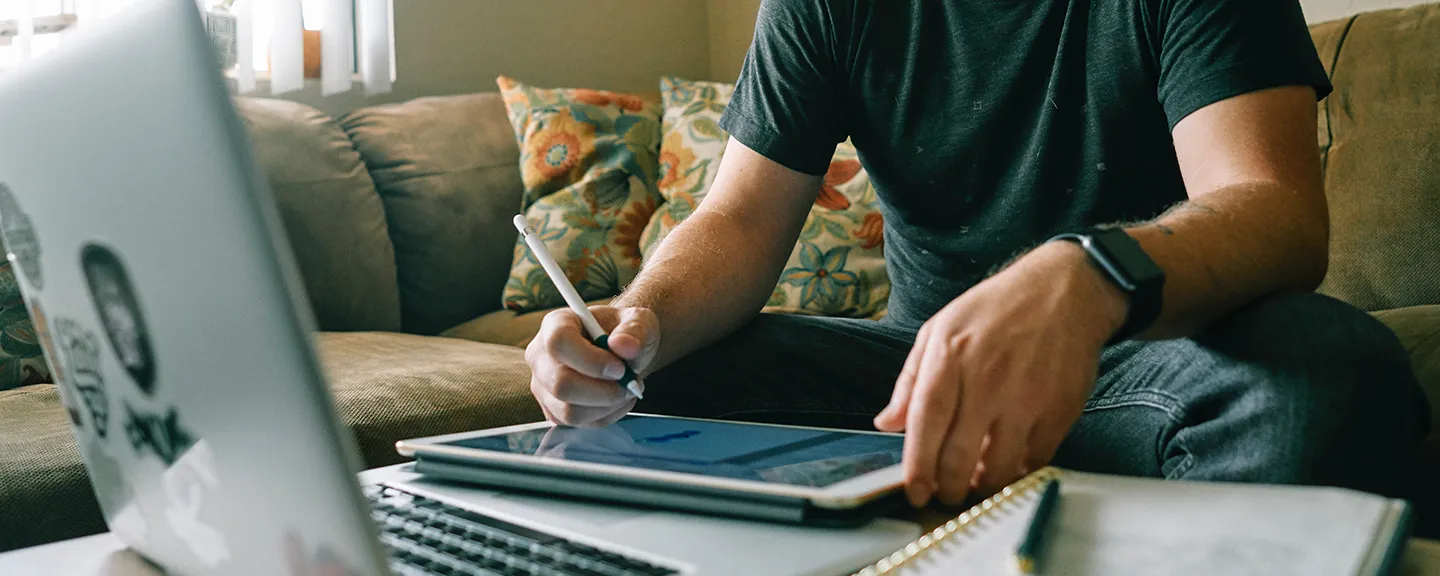- Home
- >
- APU Articles
- >
- News Article
How to Prevent Coronavirus Spread When You’re Living on Campus
March 13, 2020 | Written By Morgan Rogers

There have been no reported cases of COVID-19 at APU, in the surrounding areas of Azusa or Glendora, or on any of APU’s regional campuses; all measures are precautionary. Learn more about APU's response to the COVID-19 situation.
Stay Informed
Change can be intimidating—we get that. But remember that moving classes to an online format is just a precautionary step. It doesn’t mean that the virus is active on your campus; in fact, it’s a good sign that your school is taking positive steps to protect students, faculty, and staff. With that said, it’s important to stay up to date on recent developments within your community. Check your email frequently, and sign up for notifications from your school if that’s an option. You can get updates on APU’s response to the COVID-19 situation through its dedicated hub for Coronavirus Information and Guidelines, which is regularly updated by the university’s Student Health Center and Critical Incident Response Team.
Go Solo
Living on campus means you’re naturally in contact with other students on a regular basis. But you can take steps to minimize that contact as much as possible. If you live in an apartment or dorm where a kitchen is available, opt to stay in and cook rather than eating out. If cooking isn’t an option in your living space, take extra steps in your community dining areas to sanitize your table, chair, and any door handles before using them. At APU, Dining Services and Facilities Management are going above and beyond standard cleaning procedures to ensure community spaces are safe for students. You can also choose to get food from dining venues that offer to-go options to minimize social contact.
If you need to collaborate with other students on group projects or assignments, take advantage of the technology at your disposal, such as video calling and document sharing on Google Suite.
Practice Good Hygiene
While steps like washing your hands or covering your cough may seem small, these preventative actions are some of the most effective steps you can take to reduce the spread of the coronavirus. The Centers for Disease Control and Prevention (CDC) recommend taking the following measures during this season:
- Avoid touching your face
- Avoid shaking hands
- Cover your cough or sneeze with your arm or a tissue, not your hand
- Disinfect your living area at least once daily by wiping down frequently used surfaces and objects
- Wash your hands frequently with soap and water for at least 20 seconds, especially after eating, using the restroom, or coughing or sneezing
- Wear a facemask if you are showing symptoms of COVID-19
Have a Plan
Be prepared in case you or your roommate becomes sick. In the case that either one of you begins to show symptoms, contact your on-campus Student Health Center and primary care physician immediately. Even if you are not diagnosed with COVID-19, it’s a good idea to practice social distancing to avoid spreading illness to those with weaker immune systems or pre-existing health conditions.
Speak with your family about plans to travel home if the need arises, or find a friend in the area who can take you in if your living area closes out of precaution.
In any case, make sure you know what resources are available to you, including the Student Health Center and the University Counseling Center.
While unexpected changes to your regular routine can be intimidating, they don’t have to be a source of panic. Educating yourself, practicing good hygiene habits, and having a plan can help reduce the risk of illness campus-wide.